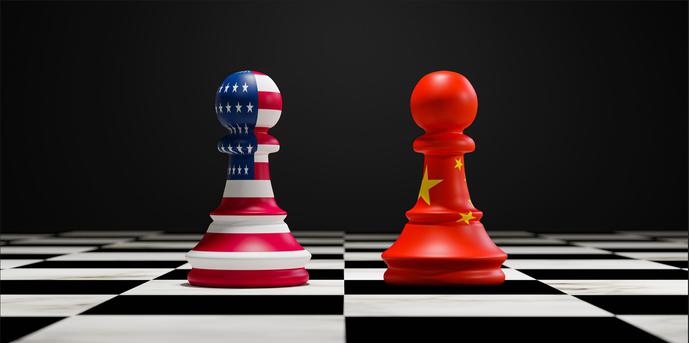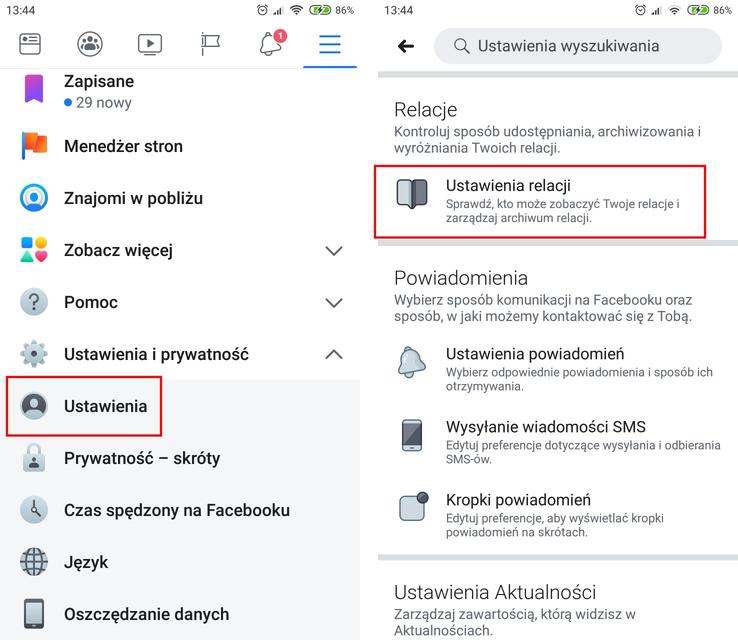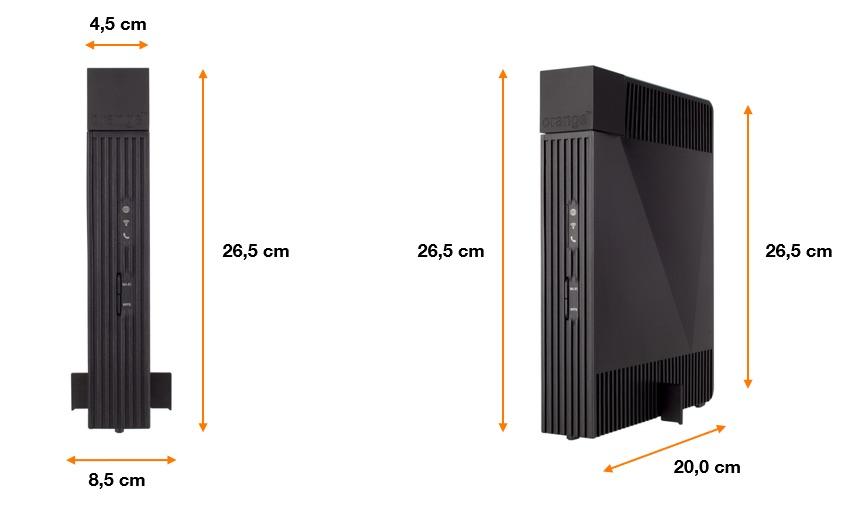In January, it was predicted that it would not be an easy year for Huawei. At that time, the Chinese telecommunications giant faced reluctance in Europe and the United States, which today has a negative impact on its results - writes Jędrzej Stachura, editor of BiznesAlert.pl.
New year, new Huawei? Not necessarily
2020 was the year for the Huawei concern with not very good advertising and anxiety about the existence on the market. Countries from all over the world, one by one, took sides from the opponents or supporters of the Chinese company. Half a year has passed and the giant announced a drop in revenues. In this respect, the first six months of 2021 were 29.5 percent weaker than the first half of 2020.
Huawei closed the first half of 2021 with revenues of 320.4 billion yen (49.56 billion dollars). In the same period a year earlier, it was 454 billion yen ($ 70 billion). The Chinese, however, deny that this situation is anything negative. "The net profit margin increased to 9.8 percent from 9.2 percent a year ago," emphasizes Huawei.
Huawei CEO Eric Xu said the decline was due to external factors. In this indirect way, he referred to the US sanctions, which make it difficult for the company to obtain components needed to manufacture products, especially mobile devices.
In the first half of 2021, Australia banned Huawei from selling 5G equipment that would go to local operators. Therefore, the company limited its offer to entrepreneurs, because outside China it largely benefits from network sales. The president of Xu hopes that Huawei can balance losses through the Chinese market and other, more company-friendly markets.
Huawei is not alone when it comes to aversion to US sanctions. Subsequent restrictions mean that the banned entities cannot cooperate with American companies, and if they do, they need a special license. SMIC, a leading Chinese chip manufacturer, announced that the US is hindering foreign cooperation and that logistics and the supply chain are suffering. According to the Chinese, licenses have a huge impact on foreign companies that want to develop but cannot do so because they do not have access to American technology.

Huawei extradition
Blocking a Chinese company is one thing and the number of Huawei-related incidents is another. In 2018, Canada detained the CEO of Huawei Meng Wanzhou and accused her of unfair commercial transactions. Wanzhou is the daughter of CEO Ren Zhengfei, who continues to fight extradition to the United States to this day. The Americans want her to be tried for banking fraud and allegedly concealing the company's business transactions through a subsidiary in Iran. If she is transported to the United States, she faces trial and more than 30 years in prison. The whole situation causes constant diplomatic tension between Ottawa and Beijing.
Americans make life difficult for Huawei in other parts of the world as well. US national security advisor Jake Sullivan urged Brazil not to use Chinese hardware to develop a 5G telecommunications network. This warning is a continuation of the campaign launched two years ago by then US President Donald Trump. It is to exclude the Chinese from working on 5G wireless networks and convince allied countries that Beijing can use the technology for espionage.
Beijing is also able to get its way, which it showed during the dispute with the Swedes. A few weeks ago, the Chinese threatened Sweden that they would limit its access to the Chinese market if they would not allow Huawei technology to be included in the country. The Swedes did not yield and China kept their word. Beijing's message is simple: if you stand up, you will be punished.
Battered Huawei
After six months of perturbations, Huawei is badly battered and it seems that the intercession of the Chinese authorities is not enough. It can certainly help you fight the Swedes, but it is unlikely to be enough to get the approval of the United States.
Recent reports on the latest Huawei smartphones may also indicate the company's problems. If we buy a flagship phone, which is presented on billboards with Robert Lewandowski, we do not expect any surprises. Meanwhile, the company insists that its latest model may run slower.
It is about the P50 and P50 Pro models, which were presented in July 2021. The specifications of the new phones are much higher than in previous generations, thanks to the high refresh rate, 6.6-inch OLED display and periscope cameras with 200x zoom. It has to be admitted that the parameters of Huawei's flagships leave Apple and its iPhone 12. In order not to be so colorful, the latest offer from Huawei includes a network disclaimer that may discourage potential buyers. The phone works in a 4G network, not 5G. This fact may be disappointing and a bit surprising, as Huawei is a leader in the implementation of fifth generation technologies.
Where do these limitations come from? The company explains that this is due to US sanctions and disruptions in the supply chain. Huawei was unable to provide the P50 with the components and assemblies needed to use 5G. The product launch of 4G shows that the Chinese have not found viable alternative parts from domestic suppliers.
If Eric Xu admits that the goal of the Chinese company is survival, then it is not good. The CEO points out that Huawei wants to do it through sustainable operation, whatever that means. Perhaps this means initiating campaigns such as the latter to convince the Biden administration to be more sympathetic to Asians. It involved hiring Tony Podesta, a Washington lobbyist. Or maybe it means writing a column like Vincent Peng's. In the publication entitled "Huawei to Joe Biden: Let's talk," Huawei's vice president pleaded with the US administration for cooperation. Undoubtedly, all of Huawei's movements confirm a certain respect for Americans who have emerged as a leader in the fight against Chinese technology in recent years.
The reluctance of the United States, however, seems to be justified. Aside from all the incidents and disagreements in which Huawei is embroiled, the facts are that the Chinese company maintains close ties to the government in Beijing. The giant uses state subsidies and low-interest loans from home banks to other countries so that they can use the company's telecommunications equipment. Huawei has also collaborated with the People's Liberation Army of China on high-tech research projects. This makes the Chinese automatically jump under the magnifying glass of the United States and everything indicates that they will stay under it for longer.


